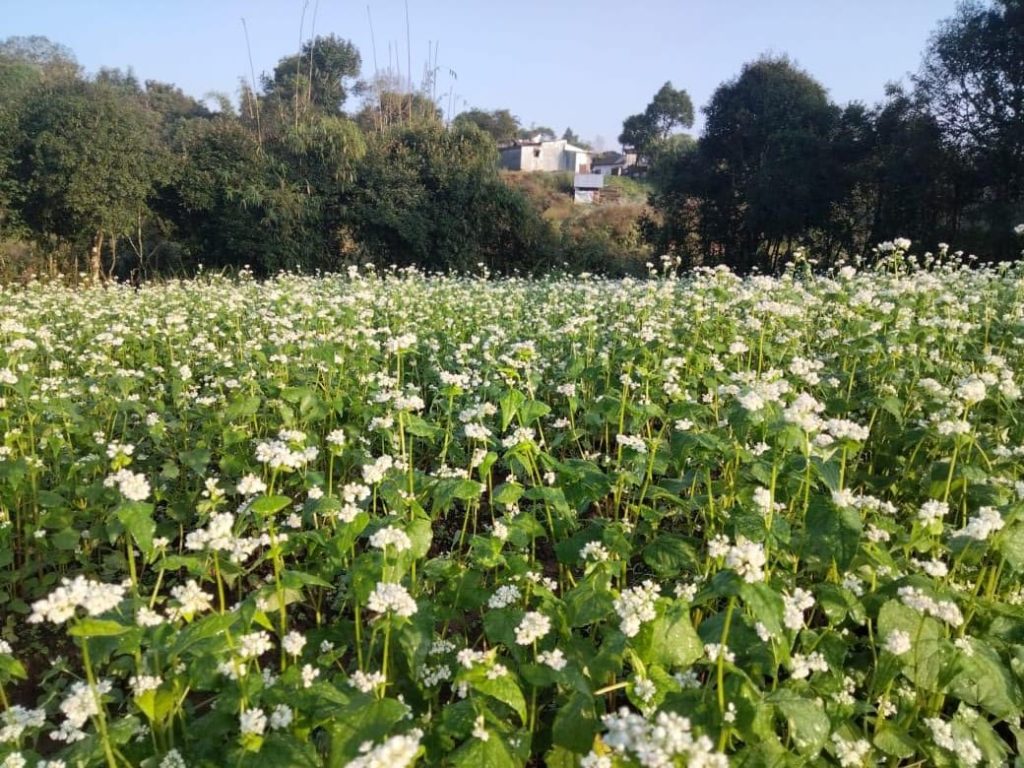In a bid to help the farmers of the state grow and induce a substantial increase in their income, the Meghalaya Government is coming forward with its plan to expand buckwheat cultivation in the state. They plan to expand it to over 1000 acres in the next few years, as the land and weather conditions of Meghalaya are appropriate for growing the cash crop.
In an exclusive conversation with Indian Masterminds, Meghalaya Farmers’ (Empowerment) Commission chairman K N Kumar, IAS, spoke about the plan and how it will prove to be beneficial in the years to come.
SUITABLE ATMOSPHERE
Influenced by the southwest monsoon and the northeast winter winds, the humid climate of Meghalaya is considered appropriate to grow cash crops such as buckwheat. The Krishi Vigyan Kendra of the state of Meghalaya figured out at least two seasons when buckwheat plantation would flourish.
“Initially, we tried buckwheat plantation in just four acres of land. The yield was satisfactory and sold out. So then, we planned to expand its cultivation to 100 acres. Within one year, we were able to do that successfully. Now, my target is to cover 1000 acres within the next three years,” Mr. Kumar told Indian Masterminds.
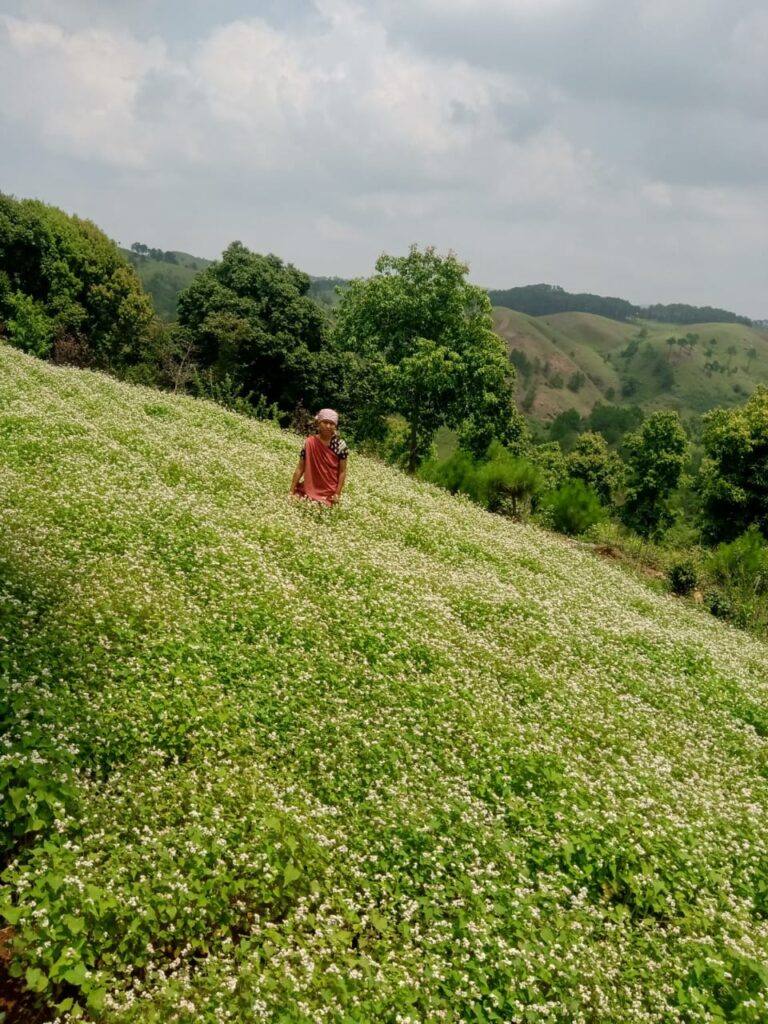
GOOD YIELDS THROUGHOUT
The completion of Mr. Kumar’s goal will depend on a lot of factors such as the yield, market conditions, demand-supply, etc. Once the officer and his team analyze the entire situation and acquire data and statistics related to the yields produced in different areas, they will be in a position to take it forward to the next level.
“Cash crops can easily be taken up in Meghalaya. Due to seasons, their growth may vary, at times, but broadly, cash crops produce very good yields throughout the year. Using 1 kilogram of seed may easily give us 20 kilograms of yields, which is the best thing so far,” stated Mr. Kumar.
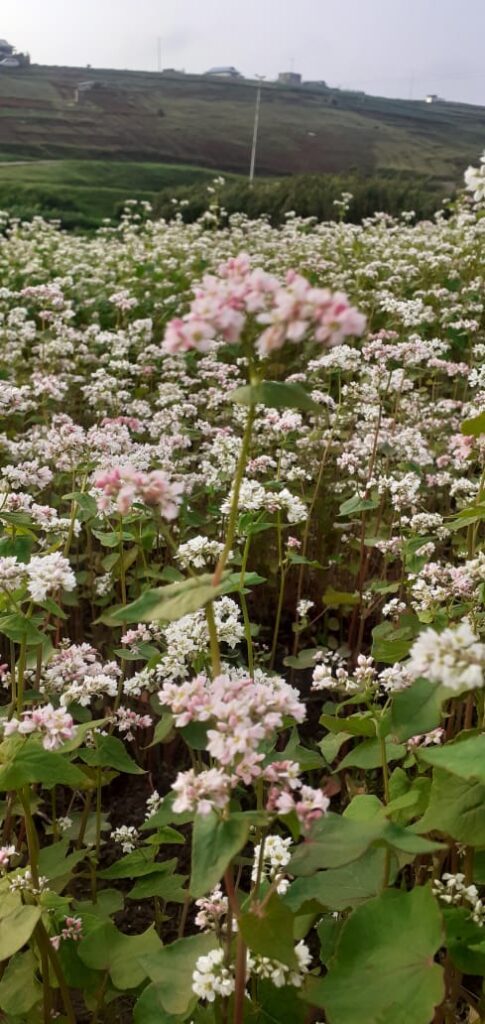
ORGANIC YIELDS
All the crops in Meghalaya are grown without using any chemical fertilizers, pesticides, or harmful elements. They are grown purely in an organic manner resulting in 20 times the usual commercial yield. However, it might vary from farmer to farmer relating to their managerial techniques, due to season, weather conditions, amount of sunlight, etc.
“If we can maintain this 20x ratio while going for 1000 acres of cultivation, we may get enormously favorable yields,” shared Mr. Kumar.
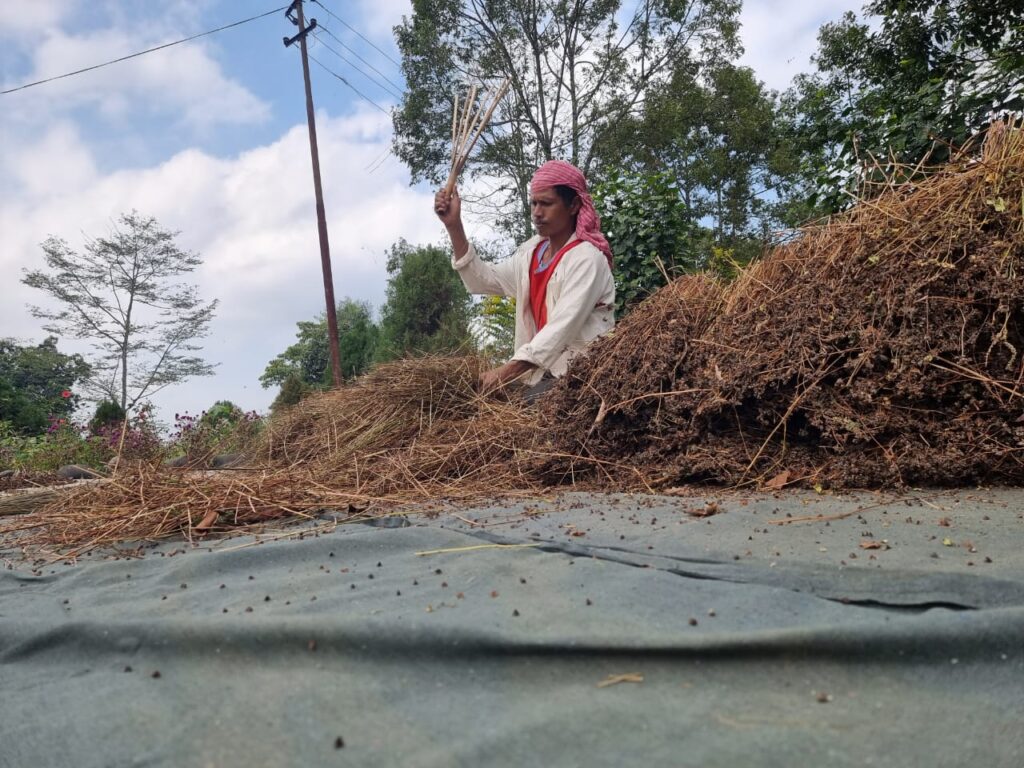
EXTRACTING HONEY FROM BUCKWHEAT
Buckwheat is a profusely flowering plant that attracts honey bees naturally. Buckwheat honey is extremely rare and valuable, making it quite expensive. Currently, it is not available anywhere in India. It exists in the global market and is imported from there.
When honeybees predominantly acquire nectar from one particular plant, it is referred to as monofloral honey, which is extremely valuable in the market because of certain characteristics, such as its medicinal and nutritional properties.
“Buckwheat and its following production of monofloral honey will be beneficial and increase the farmer’s income by twofold. Because of its gluten-free nature, it is extremely good for diabetic and pre-diabetic people and can be consumed as a superfood. It can be a substitute for wheat, which increases its demand automatically,” shared Mr. Kumar.
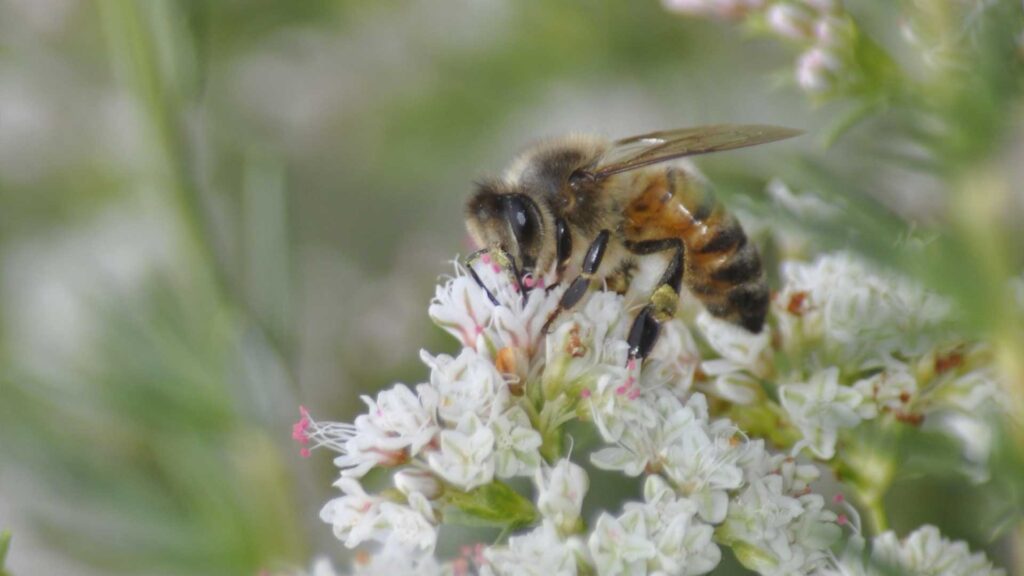
ENTERING THE EXPORT MARKET
Due to the ongoing Ukraine-Russian war, that happened between the two countries that were the biggest producers of buckwheat in the world, there is now a shortage of it in the market. Countries like Japan have a high demand for buckwheat as they are the biggest importers of buckwheat in the world and now, they will incline toward India for their supply.
“The Japanese High Commissioner met us in Shillong and we had a word with him related to our willingness of supplying them with buckwheat. They are considering it. Once it becomes an export-oriented commodity, then many things will change for the better,” he told Indian Masterminds.
He further added, “Regarding honey, since it will be monofloral and will also become an export-oriented substance, the chances of a twofold increase in the farmer’s income are very high.”
INCREASING MANPOWER
Presently, around 100 farmers are involved in the cultivation, production, and exportation. Mr. Kumar is planning to increase them to 2000 farmers, in the next three years.
“Once the volume of the project increases, the number of farmers increases, and the stakeholders also increases, we will become a leading player of buckwheat in the entire country. We have already signed a memorandum with a Bangladeshi importer who wished to acquire around 1,000 metric tonnes of buckwheat,” shared the officer.
Furthermore, several local people wish to get into the export business and the officer is actively working on felicitating that.
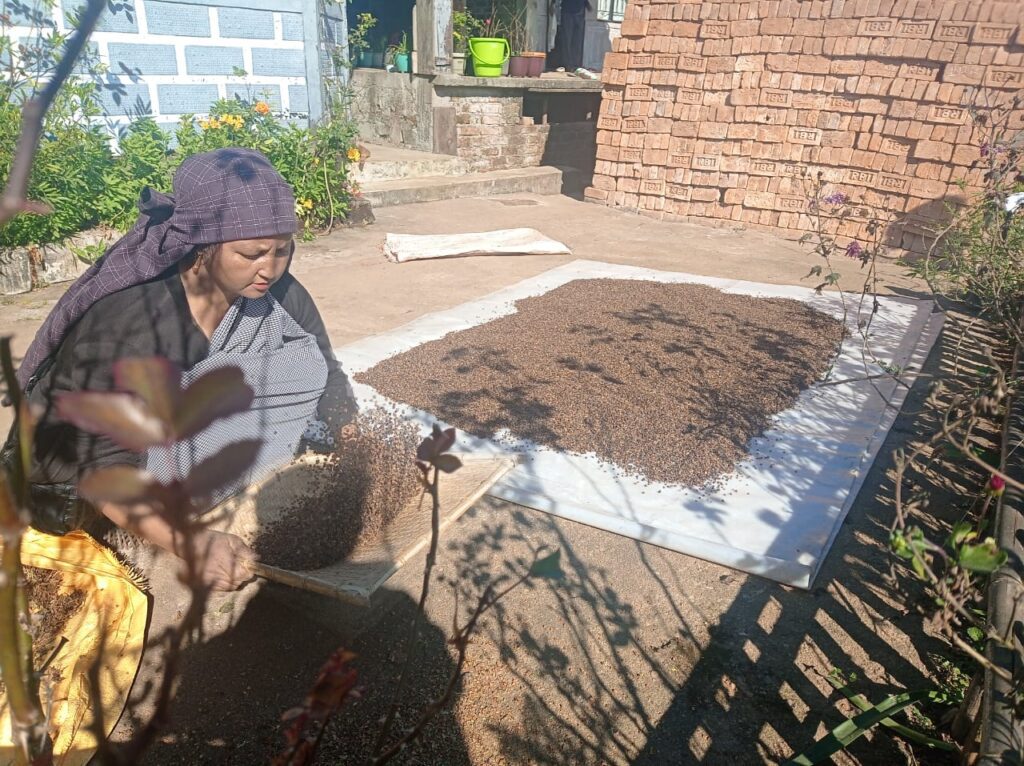
CHALLENGES FACED
The only challenge that the farmers are facing is to grind the buckwheat with limited impurities since it is originally very grainy in nature and is difficult to convert into powder because of that.
“We don’t have a tabletop machine that can do the grinding work, as of now. We are trying to sort out this problem as much as we can,” stated Mr. Kumar
Buckwheat and monofloral honey cultivation may soon change the exporting game for the country, in the years to come. And the entire credit for this would go to the Meghalaya Government, the farmers of the state, and Mr. KN Kumar himself.

